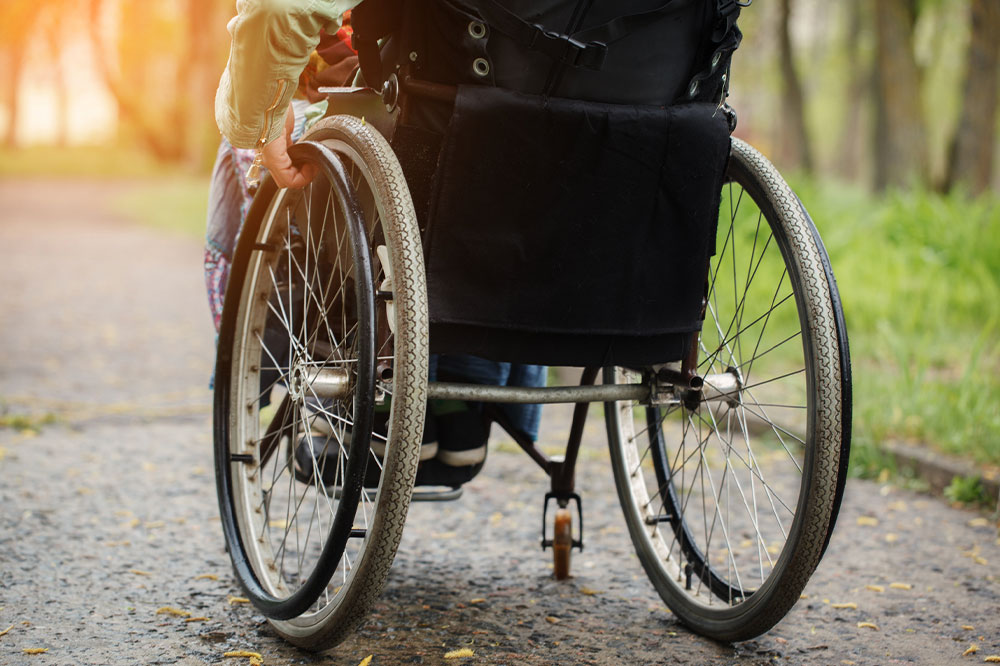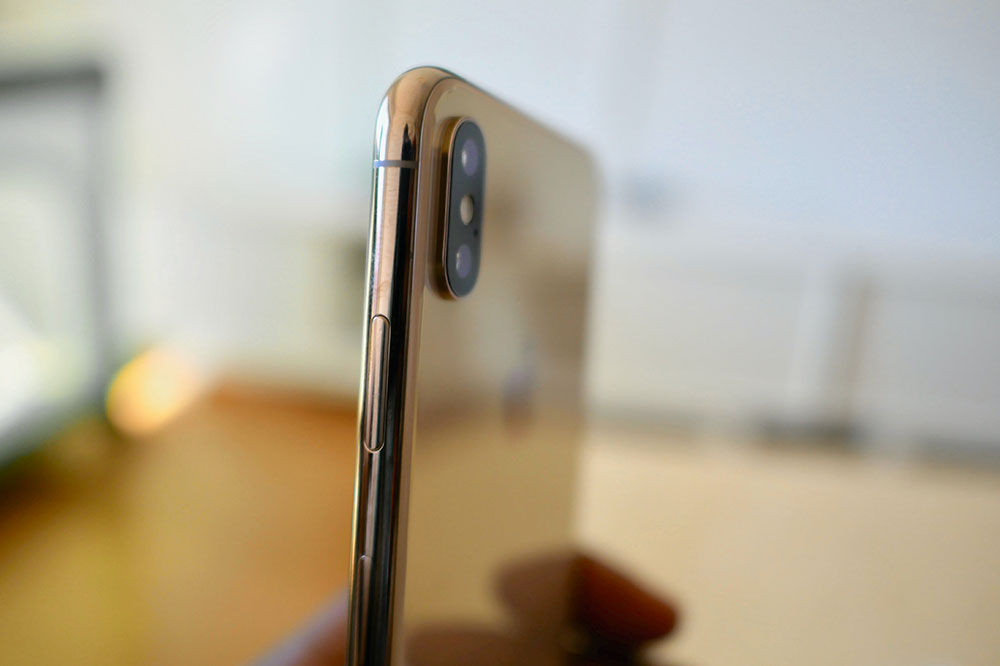
health
4 early signs of a viral infection
In a world teeming with microscopic adversaries, staying vigilant for the early signs of viral infection is essential. By identifying these telltale indicators, we can take swift action, safeguard our health, and curtail the spread of contagious illnesses. Viral infections encompass a wide range of diseases, each leaving a distinct footprint on our bodies. They can manifest in various ways, presenting distinct symptoms. Understanding these early indicators empowers us to protect ourselves and others. Flu symptoms One of the primary indicators of a viral infection is the onset of flu-like symptoms. A sudden and persistent fever, often accompanied by chills, can be an early sign that your body is fighting off an infection. Alongside fever, you may experience head and body aches, ranging from mild to severe, causing discomfort and reduced energy levels. Fatigue and weakness are also common during viral infections. Upper respiratory symptoms Viral infections frequently affect the respiratory system, leading to a range of upper respiratory symptoms. Nasal congestion, accompanied by a runny or stuffy nose, can make breathing challenging and affect your comfort. A sore throat, characterized by pain, irritation, and inflammation, is another common sign of a viral infection. It may be accompanied by difficulty swallowing or a scratchy sensation.
Read More 













